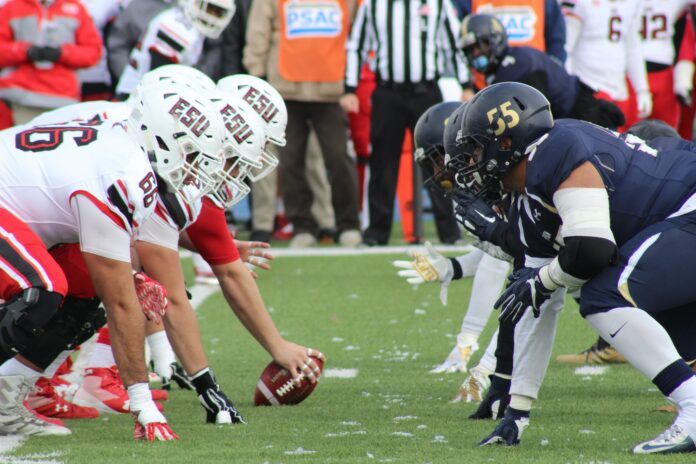Have you ever had the feeling you should ditch the NFL expert picks and go with your guy? Has gambler’s fallacy kicked in when contemplating which team to bet on at BetUS? Gambler’s fallacy is how our minds fail to reason objectively with realistic probabilities. Here’s a look at the gambler’s fallacy and all you need to understand it.
Is Gambler’s Fallacy True?
Gambler’s fallacy is a psychological phenomenon where people think they can win a game of chance by changing their betting pattern. For example, people might think that since a team has won three times in a row, they’ll win the next game. This idea is completely random and has no basis. The probability of any given outcome doesn’t change depending on what happened in the past.
Why Is Gambler’s Fallacy Important?
The Gambler’s Fallacy is important because it can help you understand how you think about probability and how to avoid making mistakes when making decisions based on the odds.
It’s a term that describes the tendency for people to think that their luck will change if they repeat an action often enough. For example, if you roll a die and get a three, then roll again and get a three again, you might think that you’ll roll another three again. However, this isn’t true: the probability of rolling a three on any given roll remains constant. Your expectations are the only thing changing.
Gambler’s fallacy is also important because it helps you understand how to make decisions when you don’t have all the information. It helps you see how your intuition can lead you astray, and you may lose money.
What Is Representativeness Bias in the Betting System?
Representativeness bias is a cognitive bias that causes people to generalise based on stereotypes. People often use representativeness as a shortcut to determine whether something is true, but this can lead to inaccurate conclusions.
One example of representativeness bias is when people bet on sports teams based on their uniforms or logos rather than the actual statistics of the team. For example, if you were betting on a basketball team with a bright orange logo and yellow uniforms, you might be more likely to bet on them because they look fast and powerful. However, if you look at their actual record for wins and losses against other teams, it might be clear that they aren’t very good (even though they look good).
Another example is when someone decides what kind of car they should buy based on its appearance, rather than looking at data about its performance or reliability.
In statistical terms, the gambler’s fallacy is an incorrect inference regarding a particular event, made believing that past events will affect the likelihood of future events. There are many ways to beat gamblers’ fallacy. One of the most effective ways is to learn about the game and understand how probability works.








